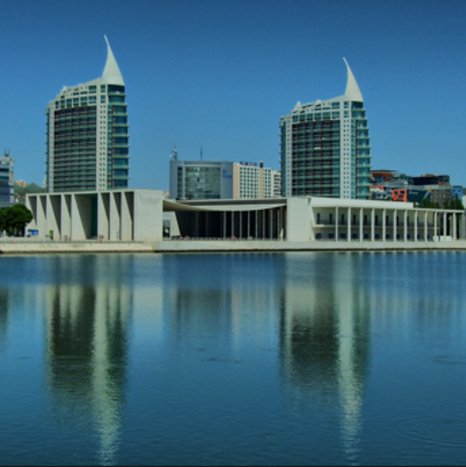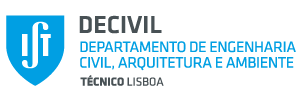
STRUCTURES AND GEOTECHNICS
Coordinator: Rafaela Cardoso
Structures and Geotechnics Research Group is composed of 92 researchers (36 integrated PhD, 28 PhD collaborators, 28 PhD students) covering a broad range of topics, which include different fundamental structures, geotechnics, and cross-cutting related issues, such as:
Structures and Geotechnics Research Group is active in the following domains of Structures and Geotechnics:
- Structural concrete
- Steel structures and structural fire safety
- Earthquake engineering
- Finite element modelling
- Geotechnics
Through all thematic strands of CERIS, Structures and Geotechnics Research Group
plans to:
- Develop new products with enhanced eco-efficiency, performance and durability
- Reduce risk and improve safety of infrastructures
- Develop innovative solutions for new structures and the rehabilitation of existing structures
- Address specific societal challenges
Structures and Geotechnics Research Group has made a considerable impact on specific topics such as:
- Structural concrete
- Advanced cementitious materials with enhanced eco-efficiency, mechanical performance, and durability
- New processes and products for the concrete prefabrication industry
- New repair and strengthening methods for existing concrete structures
- Pioneering methods for Structural Health Monitoring
- Steel structures and structural fire safety
- GBT formulations for thin-walled members and structural systems and design of cold-formed steel members
- Design guidelines for LCT tubular joints and intermediate transverse stiffeners of steel plate girders
- Fire design of carbon and stainless-steel structures and development of AI models
- Earthquake engineering
- Earthquake trends to identify patterns and anticipate future events
- Experimental and numerical characterization of structural and non-structural elements to strengthen systems efficacy
- Seismic risk model development establishing metrics to enhance preparedness and community resilience.
- Finite element modelling
- Modelling of Kirchhoff and Mindlin-Reissner plate bending with hybrid-Trefftz stress elements
- Fire safety analysis of buildings in the wildland-urban interface through computational fluid dynamics
- Numerical modelling of geotechnical structures
- Geotechnics
- Advanced characterization of soils
- Biocementation, geosynthetics, soil improvement/reinforcement
- Coupled electro-chemo-hydro-mechanical behaviour of soils
- Special foundations and thermoactive piles







